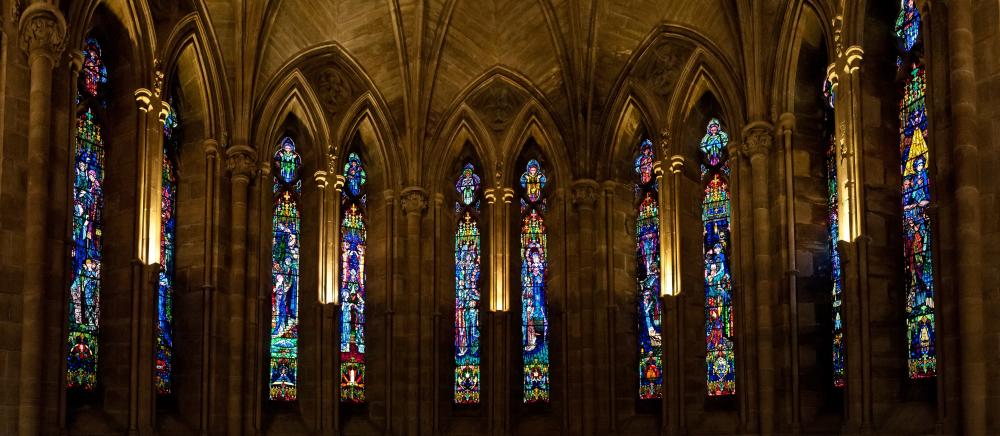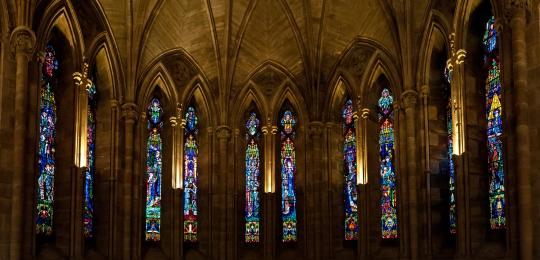Source Exercise 3: The Medieval Universe

Credit: Pixabay
The world, the heavens, the natural world and spirits
One of the most important challenges facing the historian is to get into the mindset of people in the past who saw and understood the world in very different ways from us. All too often it is easy for us to look rather patronisingly at the beliefs and practices of earlier ages and to judge them by our own standards, instead of trying to understand them according to the standards and beliefs of the time. The medieval period has suffered particularly badly from this heavily present-centred view of the past.
Medieval people had a very acute sense of the close relationship between the different spheres of existence: the world, the heavens, the natural world and the world of spirits. This came through particularly clearly in the way they responded to unusual phenomena. This extract describes an event that happened at Orford in Suffolk in the reign of King Henry II (1154-1189). Read the extract and then try to answer the questions that follow using only the internal evidence of the source.
Bartholomew was appointed constable of Orford in 1167
Questions
A) Try to work out an answer, however tentative, to each of the following:
- From what sort of work might this passage have been extracted?
- What sort of person might have written it?
- Who and what might it have been written for?
- Is there any evidence that the writer was directly connected with the events described? If so, how might that affect the way we read this account?
Material to help teachers and students develop interests and skills as a historian.

